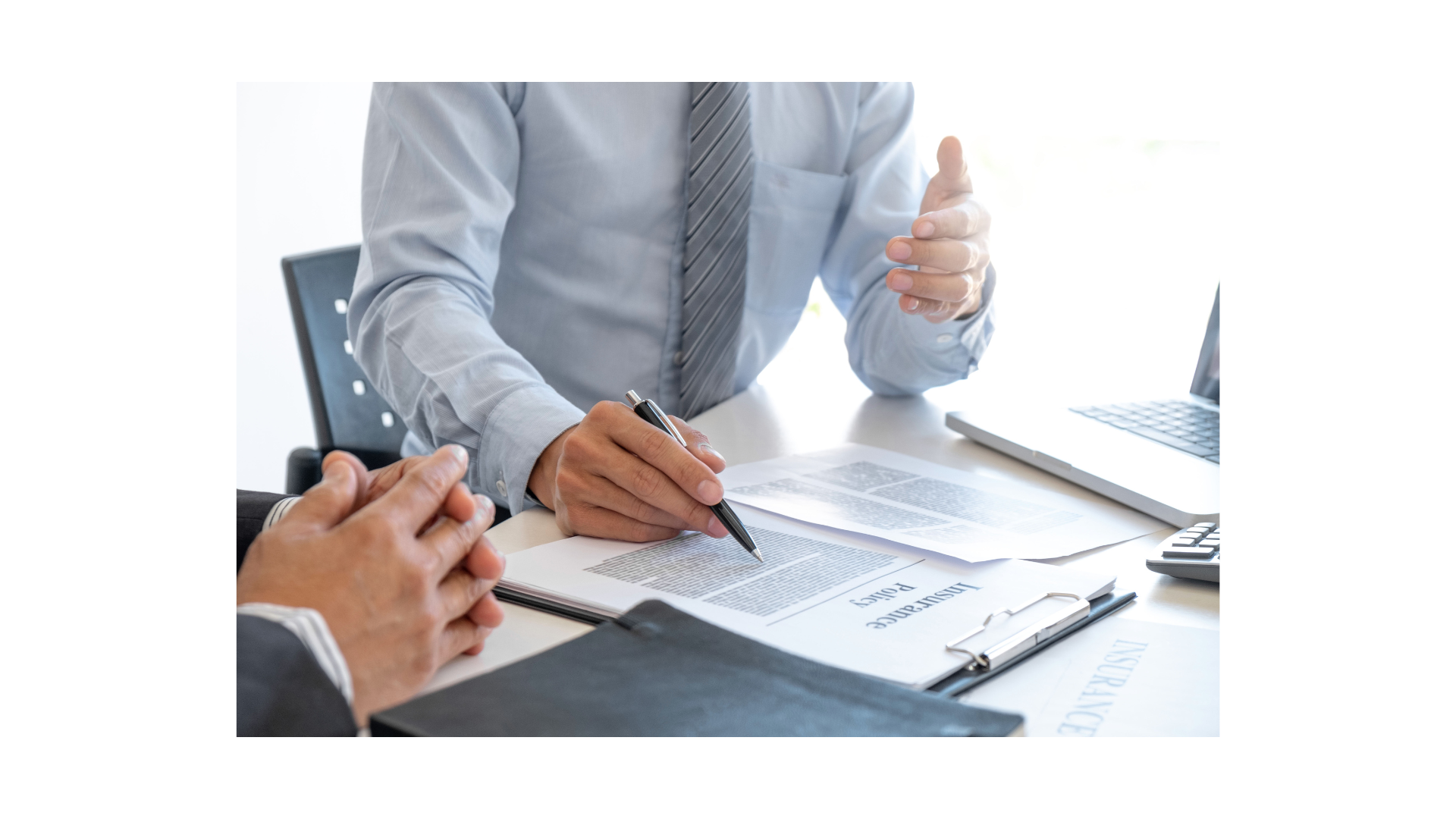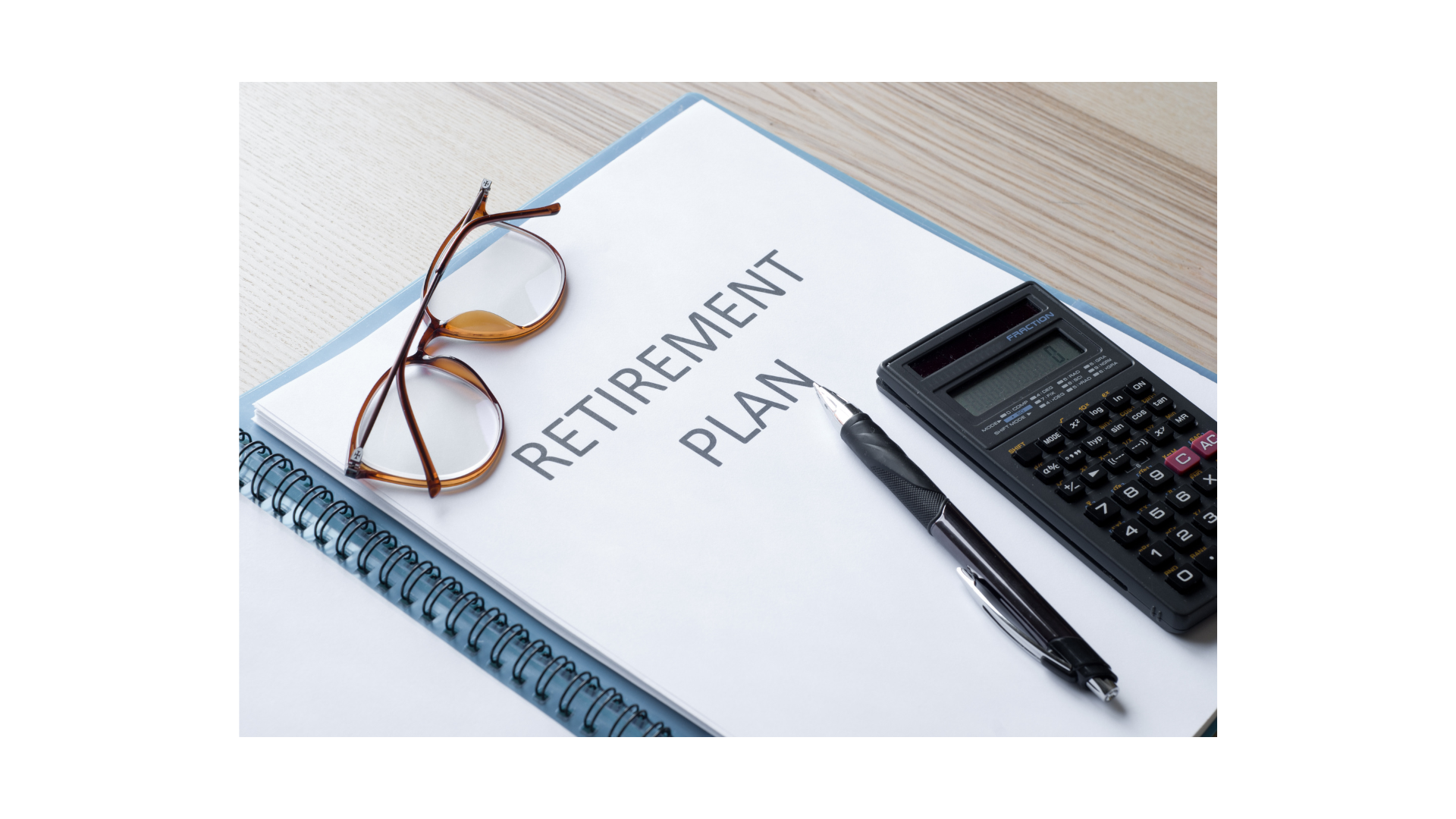Managing A Budget During Your Retirement
Unless you have accumulated substantial wealth where money is not a concern, you face a critical task when you reach retirement to make sure that your assets will support you through your lifetime.
When you retire and no longer earn an income to pay for your bills and living expenses, developing and adhering to a financial plan, where cash flow is clearly defined, can help you balance your income and expenses. Especially as longevity continues to rise among certain demographics, this task is more critical than ever before. For instance, the “average” person who retires at age 60 can expect to live 25 or more years after they retire.
There are important steps that you can take to maximize your cash flow and better manage your income and expenses during retirement.
Step One: Careful Planning
As you reach retirement, try to obtain a clear picture of your financial situation and projected income and expenses. Start by creating a detailed net worth statement, which provides a comprehensive overview of your assets, debt, and cash-on-hand.
Next, assemble an accurate budget that itemizes your income and expenses. If you anticipate any major lifestyle changes after retirement — for instance, you plan to sell your house and downsize to a rent controlled apartment — make these notations. Include your anticipated income during retirement, such as Social Security, pension, and other income streams.
Include all of your expenses, including recurring fees (membership, insurance, college tuition), prorating them to account for them on a monthly basis. Consult a financial professional for assistance, as you want to make sure that you are accurate (and certainly not under) in your calculations.
After you develop your statement, review the figures for any potential cash flow issues. Look for areas that you can improve your income/expense balance. For example, you may have fees or expenses that you can reduce or even eliminate.
Step Two: Ongoing Monitoring
Creating a detailed budget is not a one-and-done proposition. Revisit your planning tool regularly and readjust the figures if your actual income and expenses change.
By monitoring your income and expenses on a regular basis, you can best address any shortcomings and proactively look to reduce expenses, to avoid any ongoing cash flow issues.
Step Three: The Fine Print
As you monitor your finances, there are several items that could impact your cash flow in profound ways:
- Interest rates: These fluctuate and could reduce the income from your savings and investments. If rates drop, you may need to find living expenses that you can decrease to offset the impact.
- Tax rates: Federal, state, and local tax rates change over time; so, too, do tax regulations. Make sure that you understand the impact, if any, that these changes will create on your overall cash flow. For instance, if you’re moving between states where the tax rate is substantial, consider the impact on your bottom-line and revisit your budget to make any necessary adjustments.
- Healthcare costs: These can be unpredictable and have a major impact on your cash flow and expenses.
- Miscellaneous life events: You may also incur life events that impact your cash flow, either on a one-time basis or even continually. For instance, if your spouse dies, your monthly living expenses will decrease; and if your child gets married, you may have a (hefty) one-time expense to pay for the wedding.
By developing and monitoring a budget during retirement, you minimize the possibility of cash flow issues that could otherwise constrain your lifestyle expectations.
This material is for general information only and is not intended to provide specific advice or
recommendations for any individual. There is no assurance that the views or strategies discussed are suitable for all investors or will yield positive outcomes. Investing involves risks including possible loss of principal.
This material was prepared by LPL Financial, LLC.


Iowa
4200 University Avenue, Suite 200
West Des Moines, IA 50266
800-677-1529
Securities offered through LPL Financial, Member FINRA/SIPC. Investment advisory services offered through Global Retirement Partners, LLC dba AssuredPartners Financial Advisors, an SEC registered investment advisor. AssuredPartners Financial Advisors and LPL Financial are separate non-affiliated entities.
GRP Advisor Alliance is an independent network of retirement plan focused advisors. GRP Advisor Alliance is not affiliated with or endorsed by LPL Financial.
The financial professionals associated with LPL Financial may discuss and/or transact business only with residents of the states in which they are properly registered or licensed. No offers may be made or accepted from any resident of any other state.









